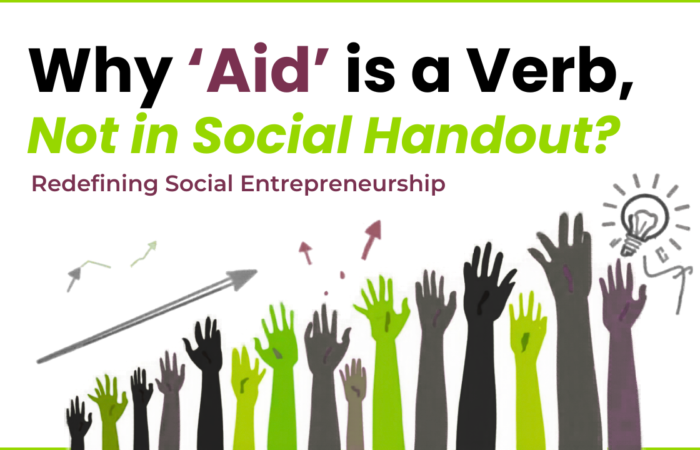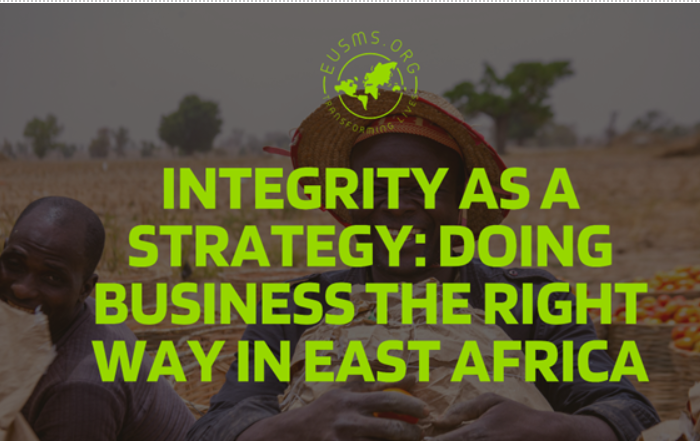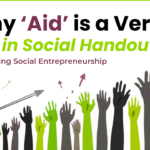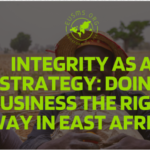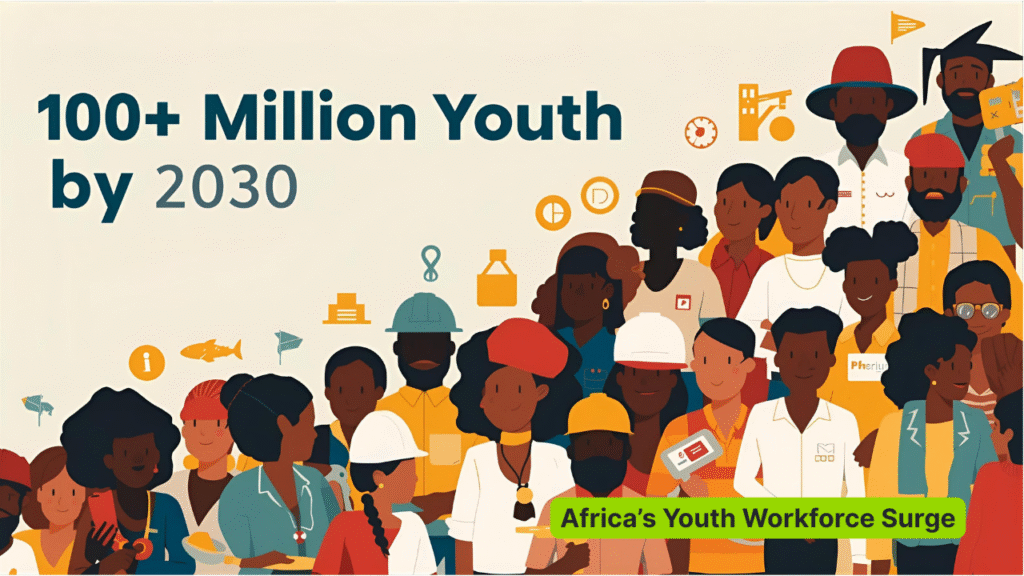
Africa is experiencing a demographic surge, with over 100 million young people expected to enter the workforce by 2030. Yet, many lack the skills needed for meaningful employment. Vocational and popular education, focused on practical, job-ready training, is emerging as a powerful solution. It not only addresses unemployment but also fosters dignity, self-reliance, and innovation.
EUSMS champions vocational education as a cornerstone of ethical entrepreneurship and mindful living. By supporting training programs that align with market needs and personal purpose, EUSMS helps youth build careers that are both impactful and sustainable.
The Shift Toward Skills-Based Learning
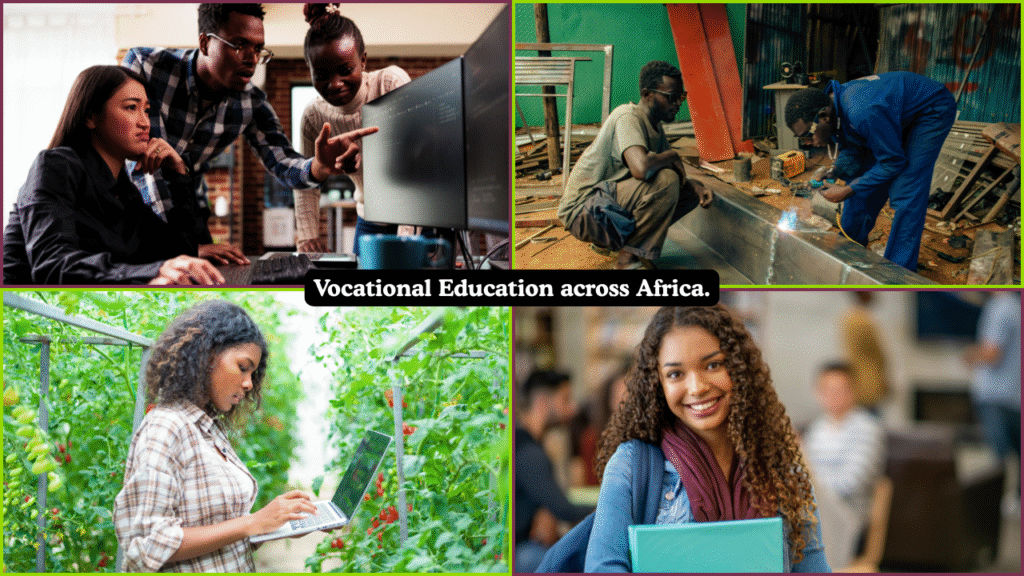
Traditional education systems in Africa often emphasize theory over practice. But governments and NGOs are now investing in vocational training to bridge the skills gap:
- UNESCO’s Platform of Expertise in Vocational Training helps countries align curricula with industry demands.
- The African Union’s TVET Strategy promotes digital skills, green jobs, and entrepreneurship.
- Nigeria’s National Board for Technical Education is expanding access to polytechnics and technical colleges.
These reforms reflect a growing recognition that practical education is key to unlocking Africa’s potential.
Innovative Training Models
Across the continent, new models are emerging:
- Andela (Kenya, Nigeria) trains software developers for global tech companies.
- Tunapanda Institute (Kenya) teaches digital literacy, design, and coding in informal settlements.
- Don Bosco Technical Institutes offer training in carpentry, mechanics, and hospitality.
EUSMS supports such initiatives by:
- Funding ethical training programs
- Coaching youth in stoic resilience and mindful career planning
- Advocating for inclusive, gender-sensitive initiatives
Popular Education: Learning Beyond the Classroom
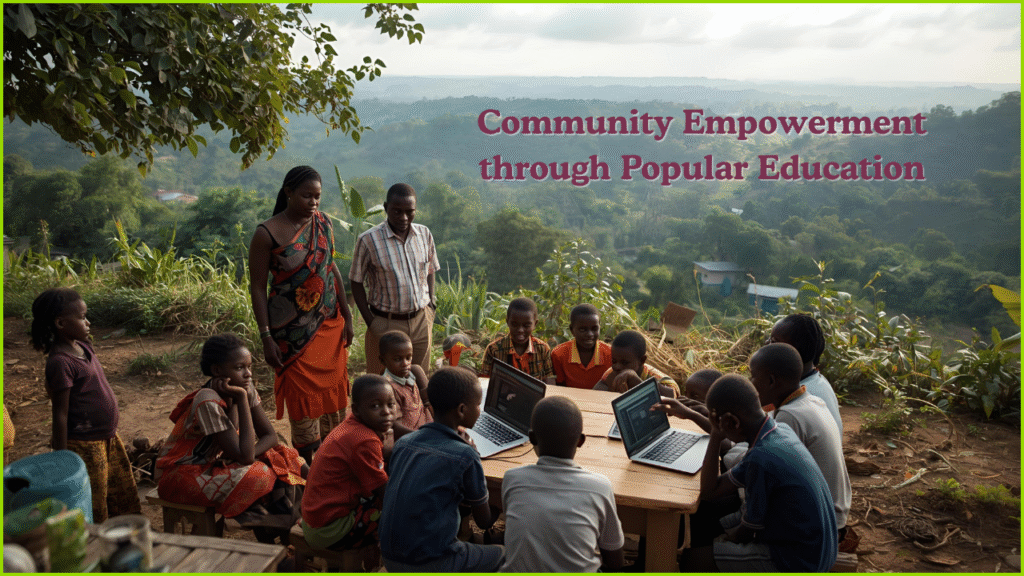
Popular education emphasizes community-based learning, critical thinking, and empowerment. It’s especially vital in rural areas where formal schooling is limited. EUSMS promotes popular education through:
- Workshops on ethics, entrepreneurship, and sustainability
- Peer-to-peer mentoring networks
- Digital platforms for lifelong learning
This approach aligns with EUSMS’s values of universal ethics and skepticism toward rigid, outdated systems.
Challenges and Opportunities
Vocational education faces hurdles:
- Stigma around “blue-collar” jobs
- Limited funding and infrastructure
- Mismatch between training and market needs
EUSMS addresses these by promoting ethical narratives around work, supporting market-aligned programs, and fostering partnerships between educators and employers.
EUSMS invites educators, employers, and policymakers to invest in vocational and popular education. Together, we can equip Africa’s youth with the skills and the mindset to build a better future.
Author: Dorothy Kwamboka

